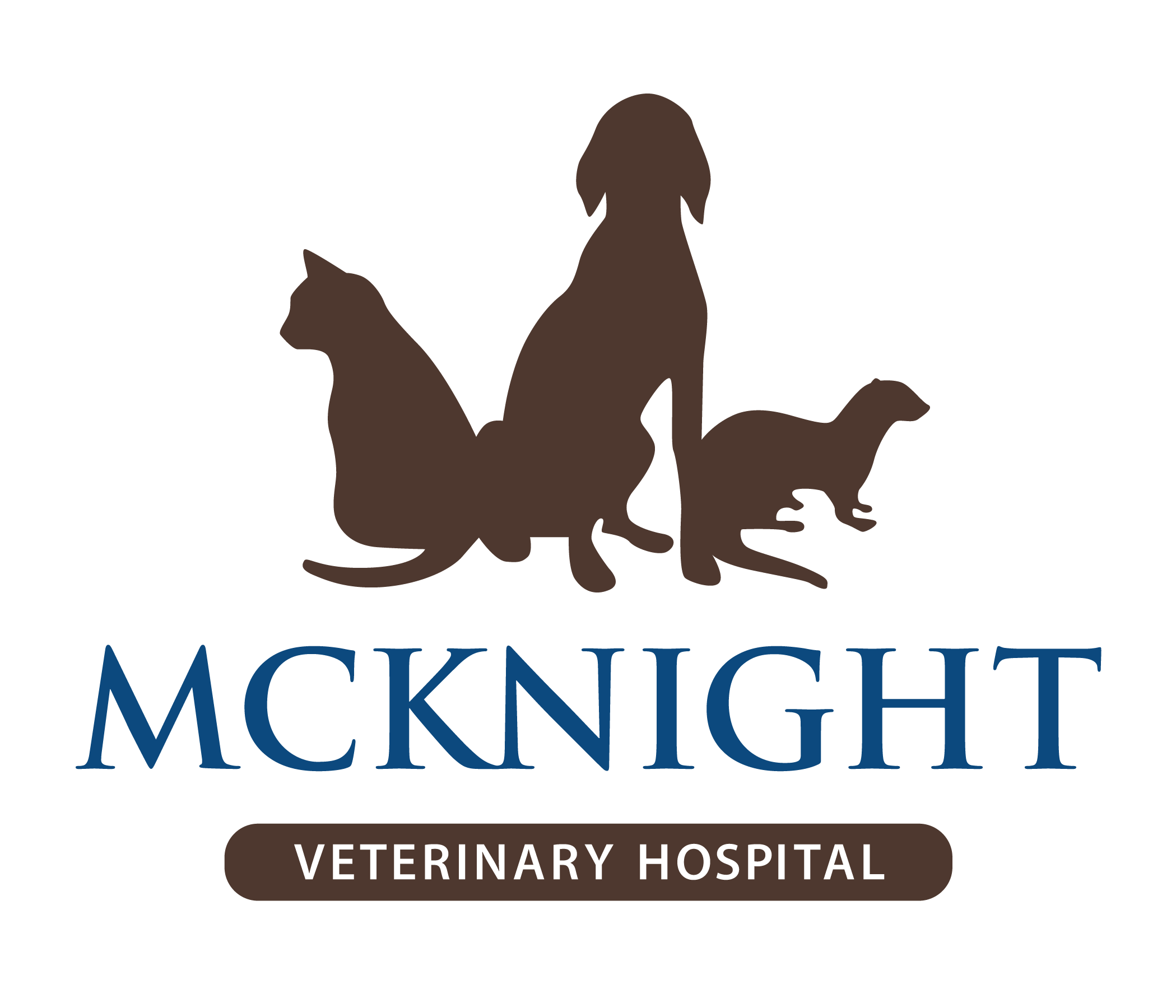Dental disease is the #1 diagnosed disease in dogs. A Veterinarian grades the teeth in 4 stages. The severity ranges from mild plaque (present on one or more teeth), to mild gingivitis, to ultimately severe gum disease (which results in bone loss and the need to remove teeth surgically).
Symptoms include loss of appetite, lethargy, depression, difficulty eating and chewing, bad breath, bleeding gums, problems picking up food, loose teeth, bumps/lumps in the mouth, and bloody saliva.
What types of canine dental care services are offered at your hospital?
Canine dental care includes a dental procedure which consists of a full anesthetic, radiographs of the underlying roots, a thorough cleaning under the gum line and extractions if necessary.
How often should I brush my dog’s teeth?
If your dog allows, you can brush their teeth daily. There are also many other products that can be used to ensure your pet has healthy teeth including diets, pastes and water additives. Always ensure that you are using a pet-safe toothpaste! Human toothpaste contains xylitol which is toxic to dogs. Ask us about the VOHC seal to ensure you are using products that have been proven to work.
Why is oral and dental health important?
When dental disease is left untreated, it can lead to many other health problems in dogs. Bacteria in the mouth travel through the bloodstream to other areas of the body causing issues in the kidneys, liver, and heart. Oral health is critical in the overall wellbeing of your pet.



